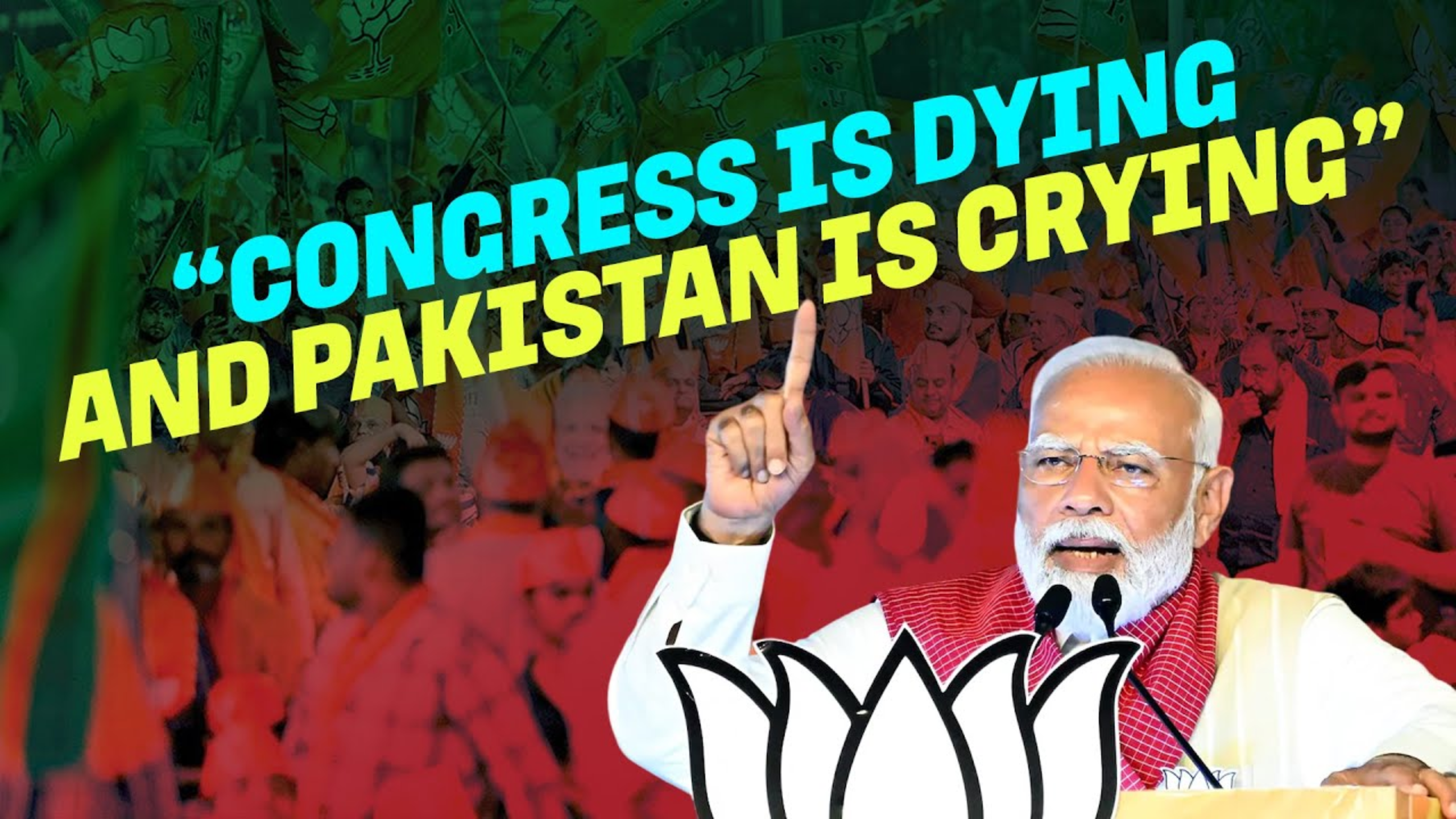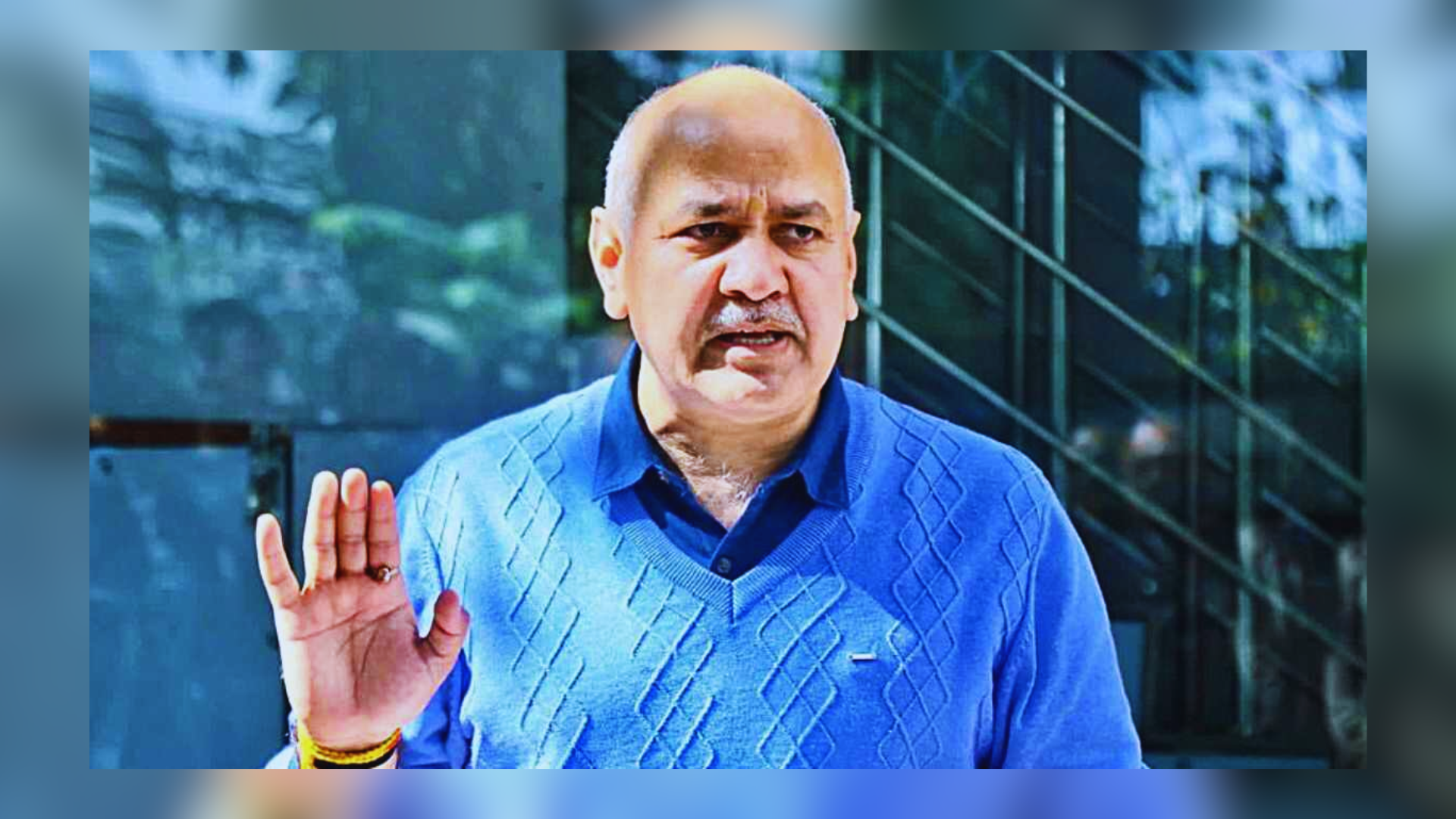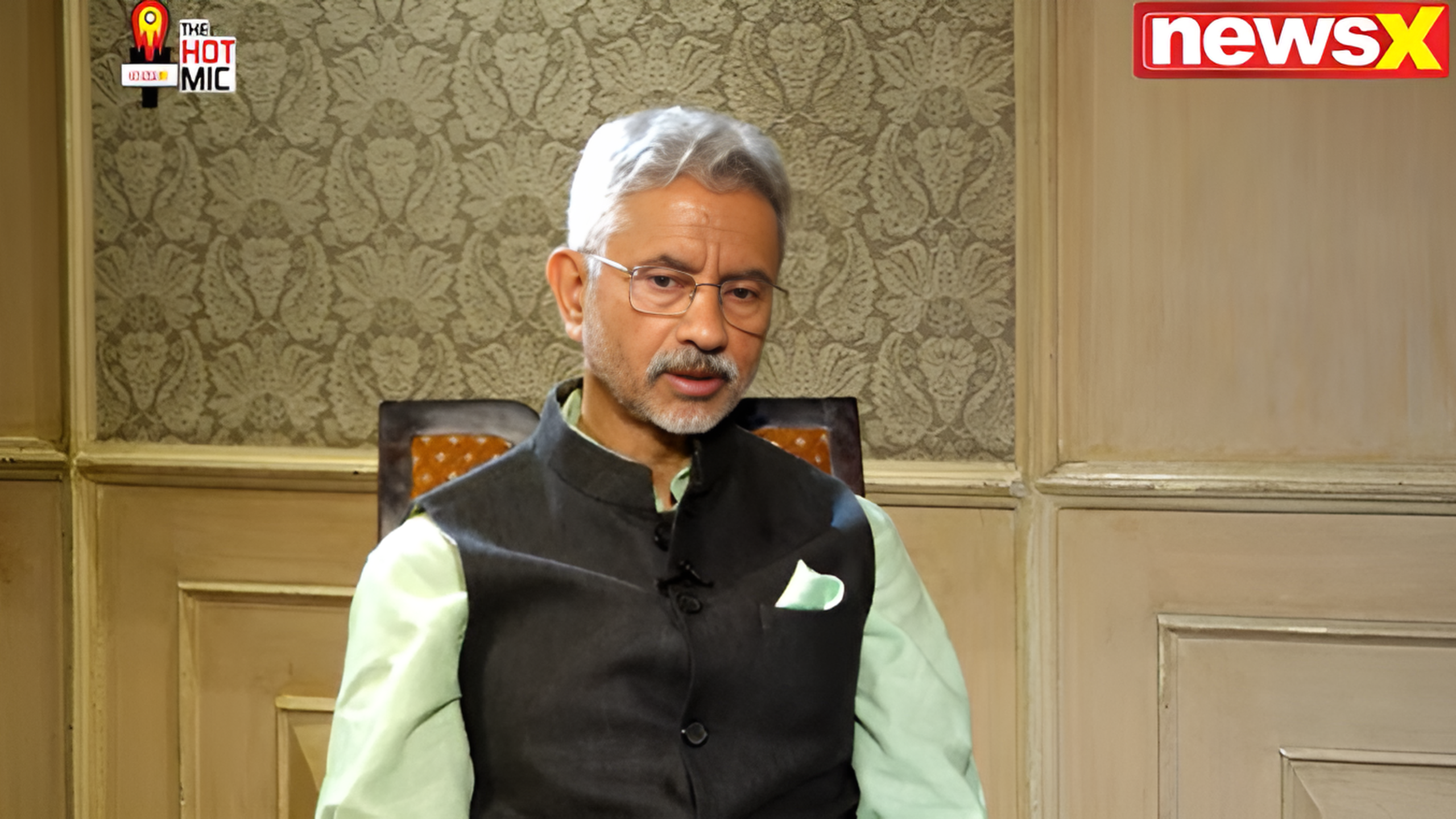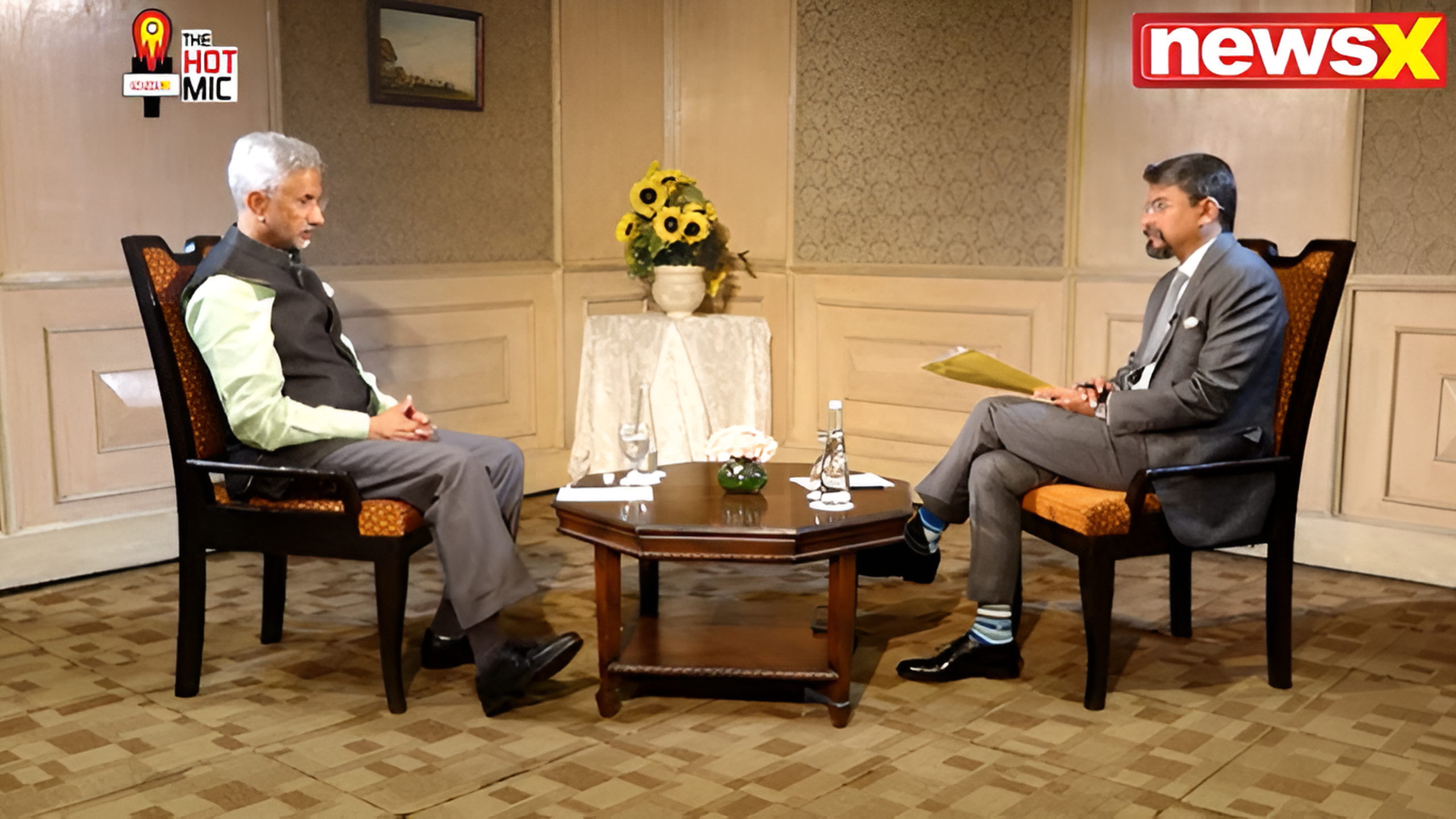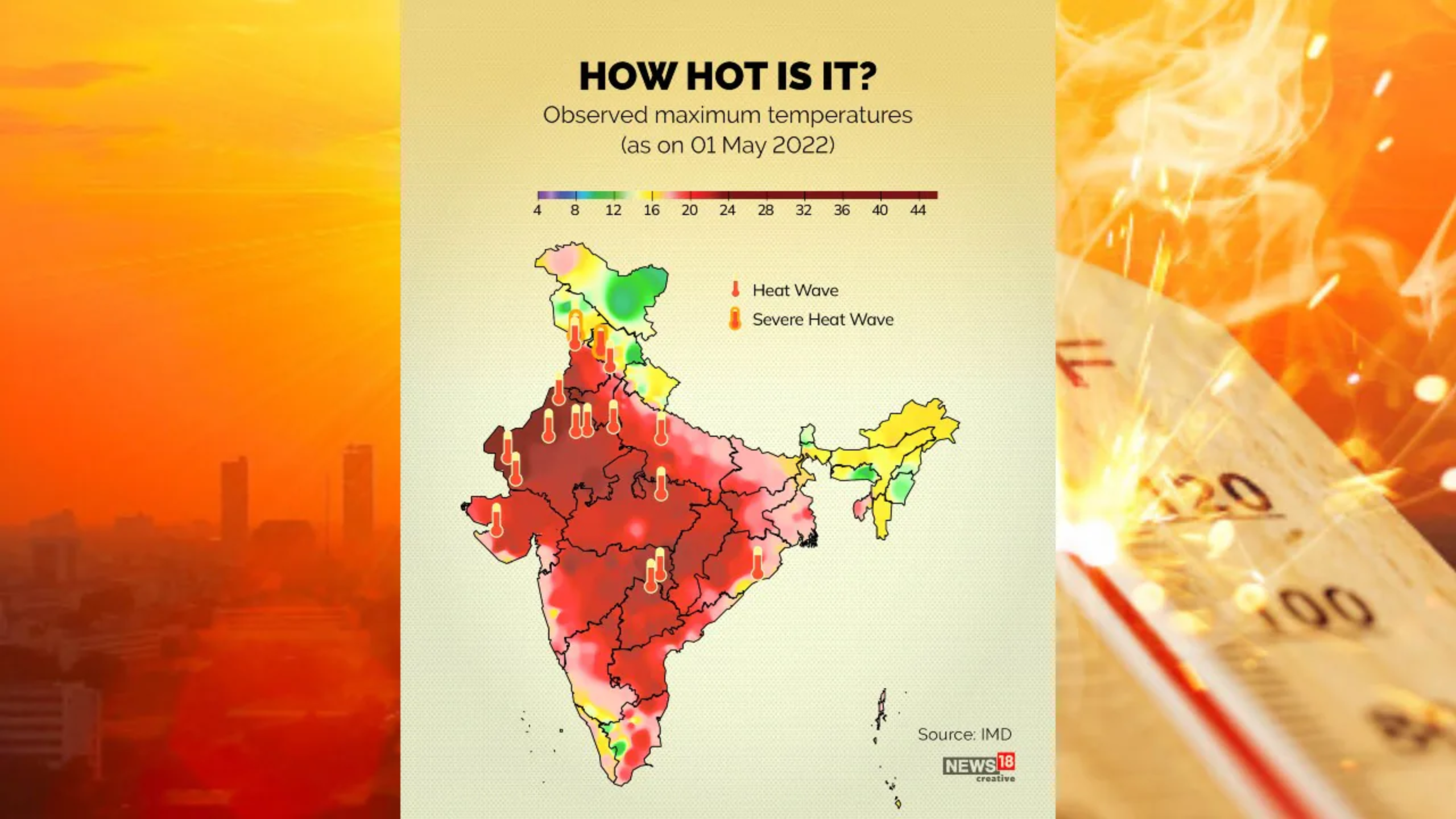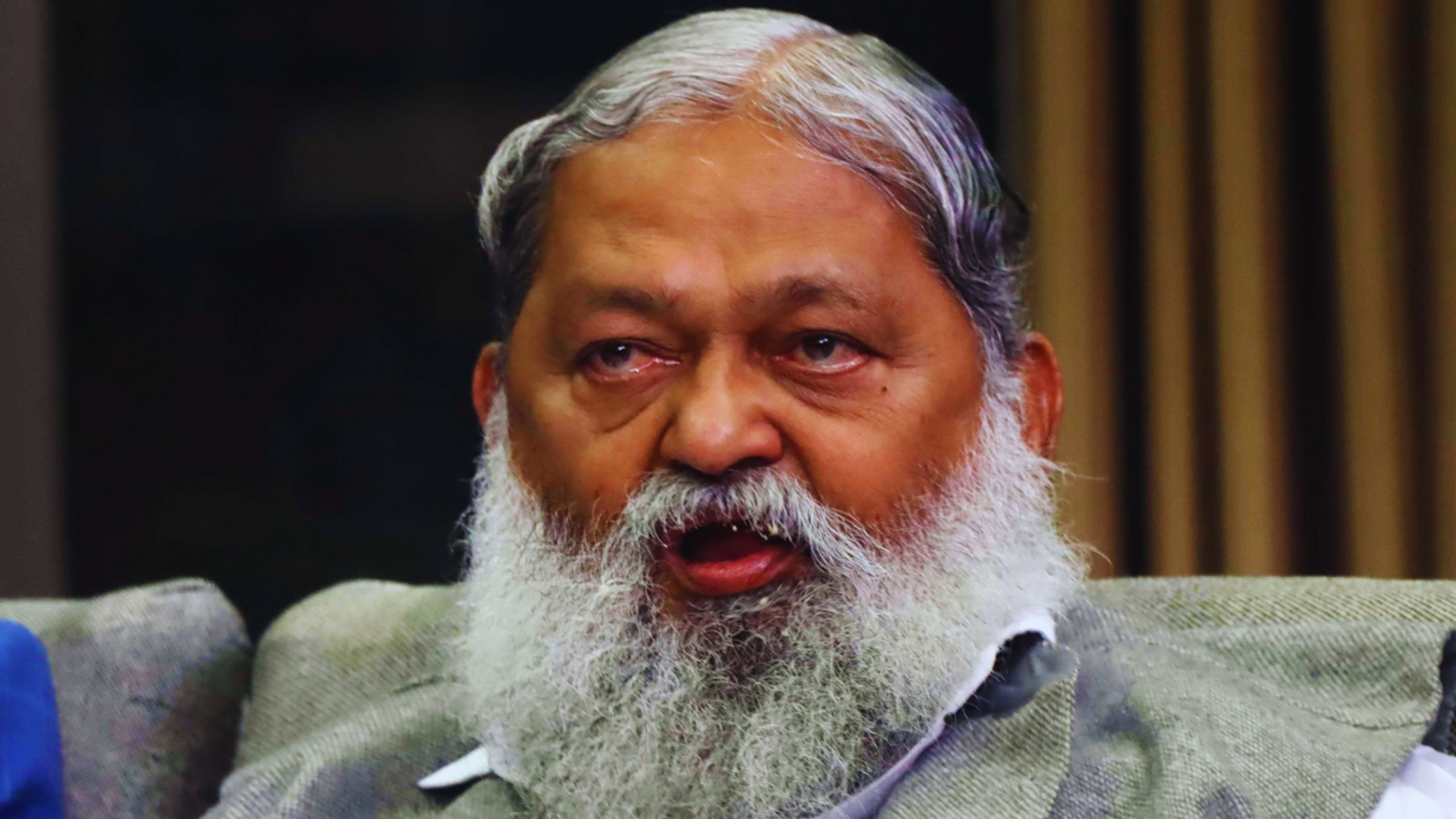


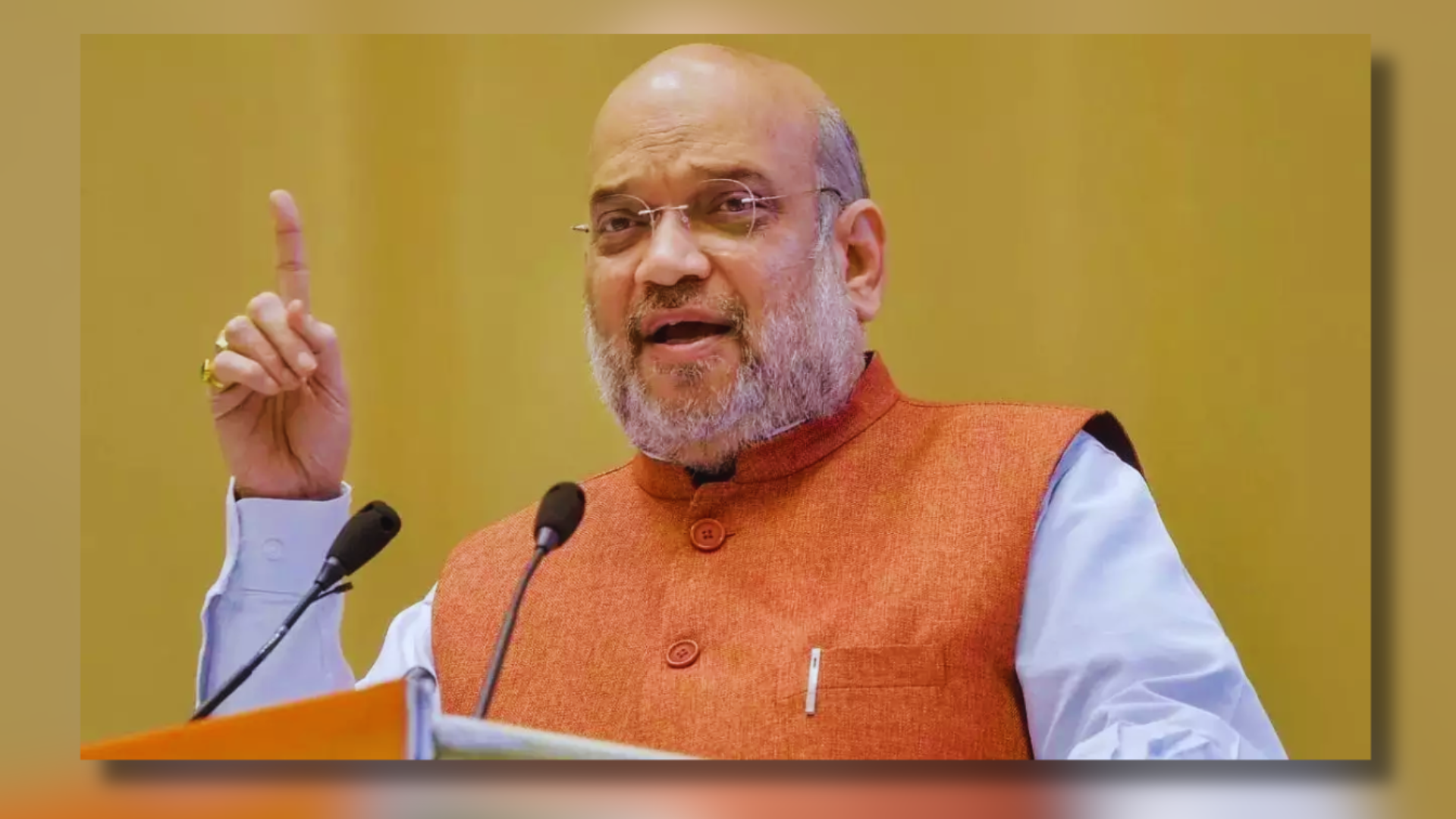
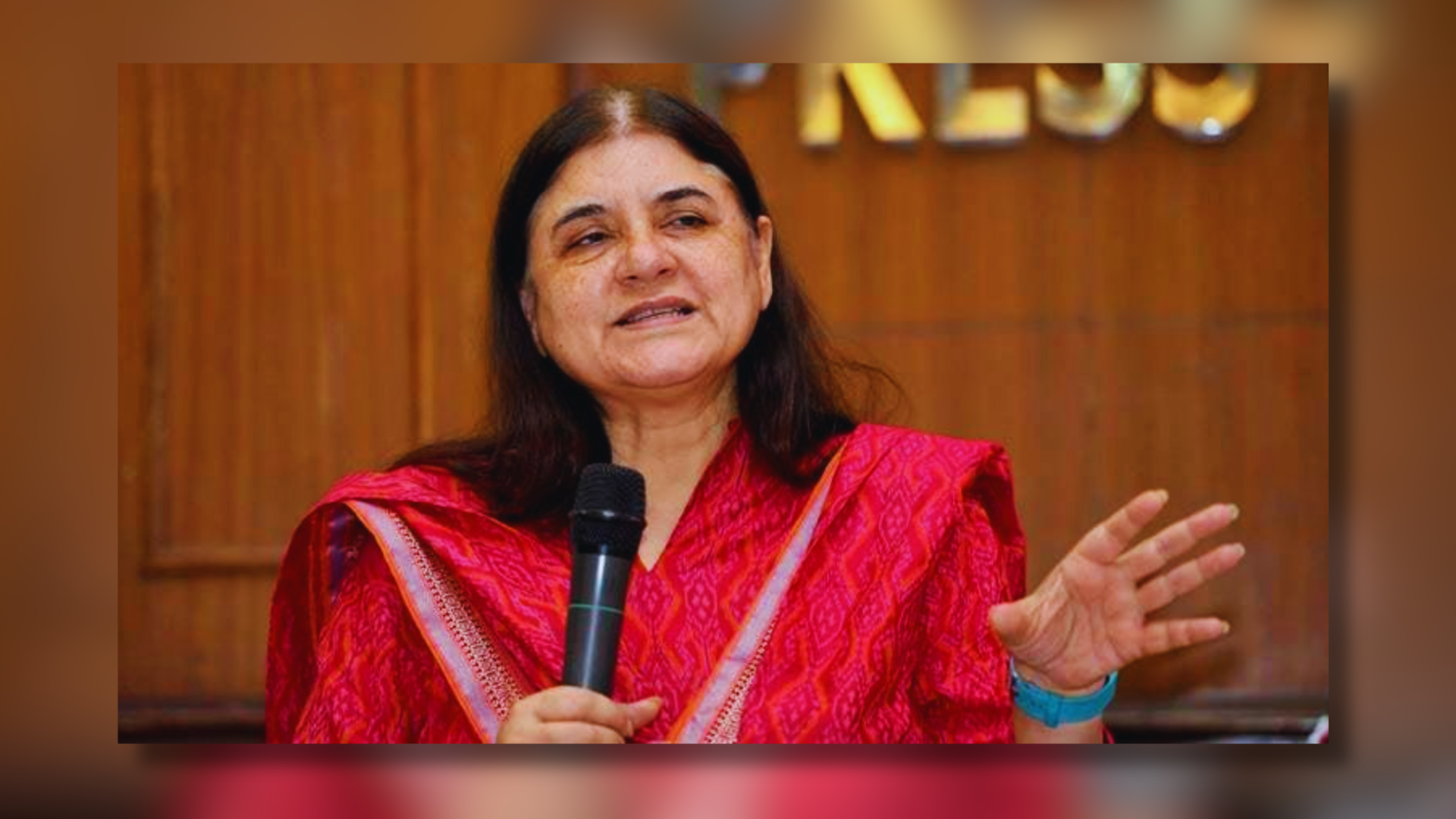
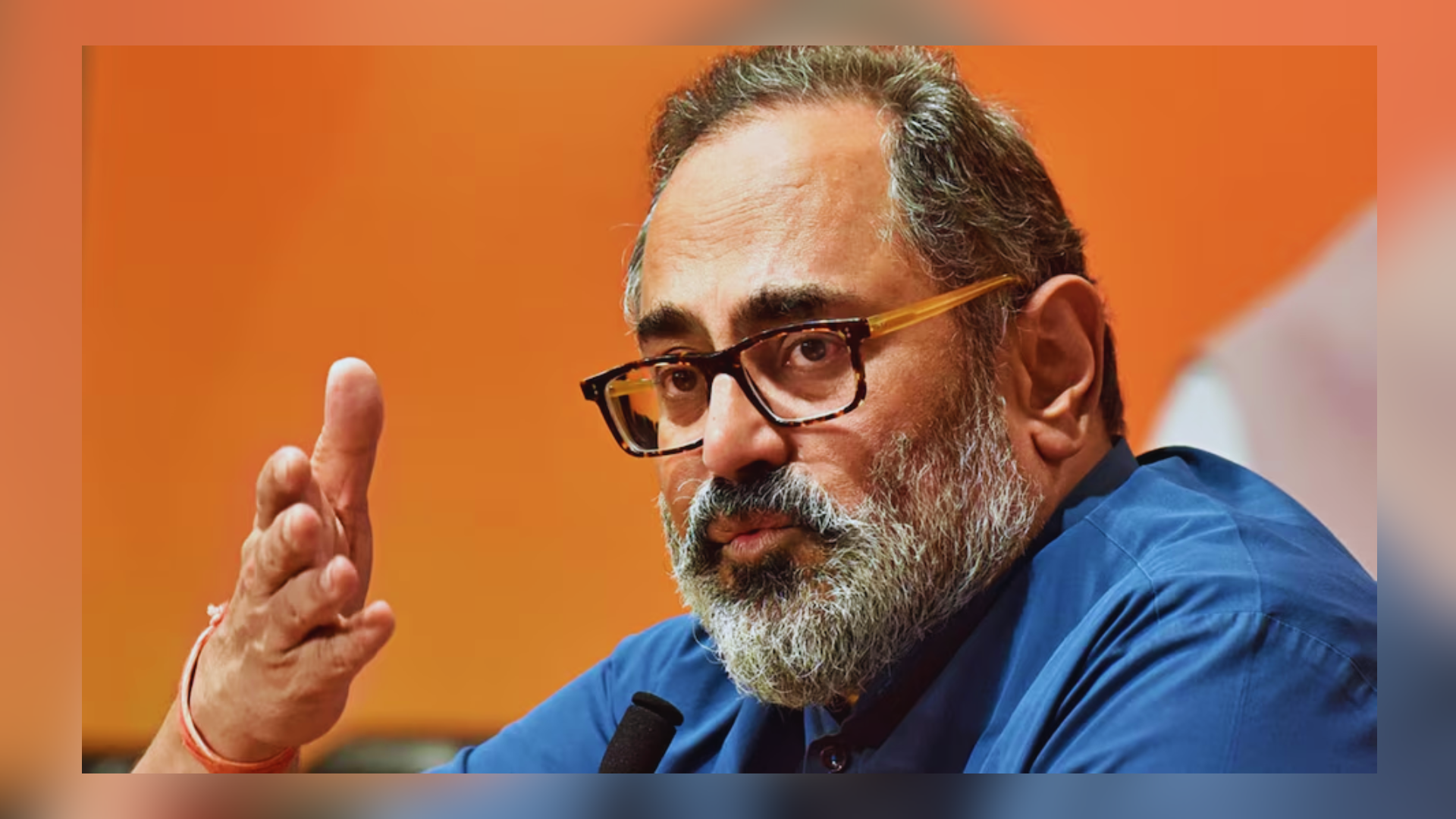
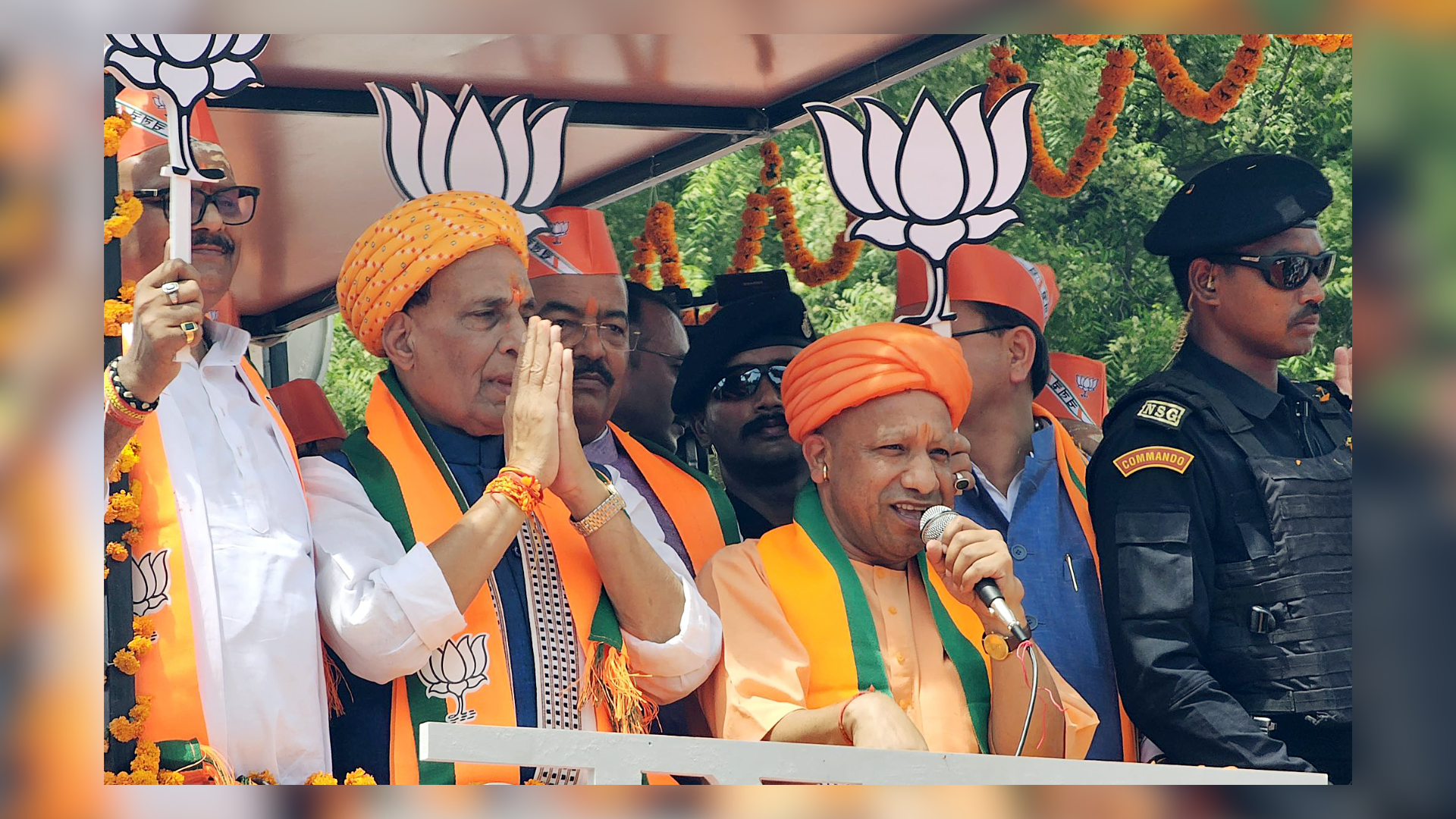
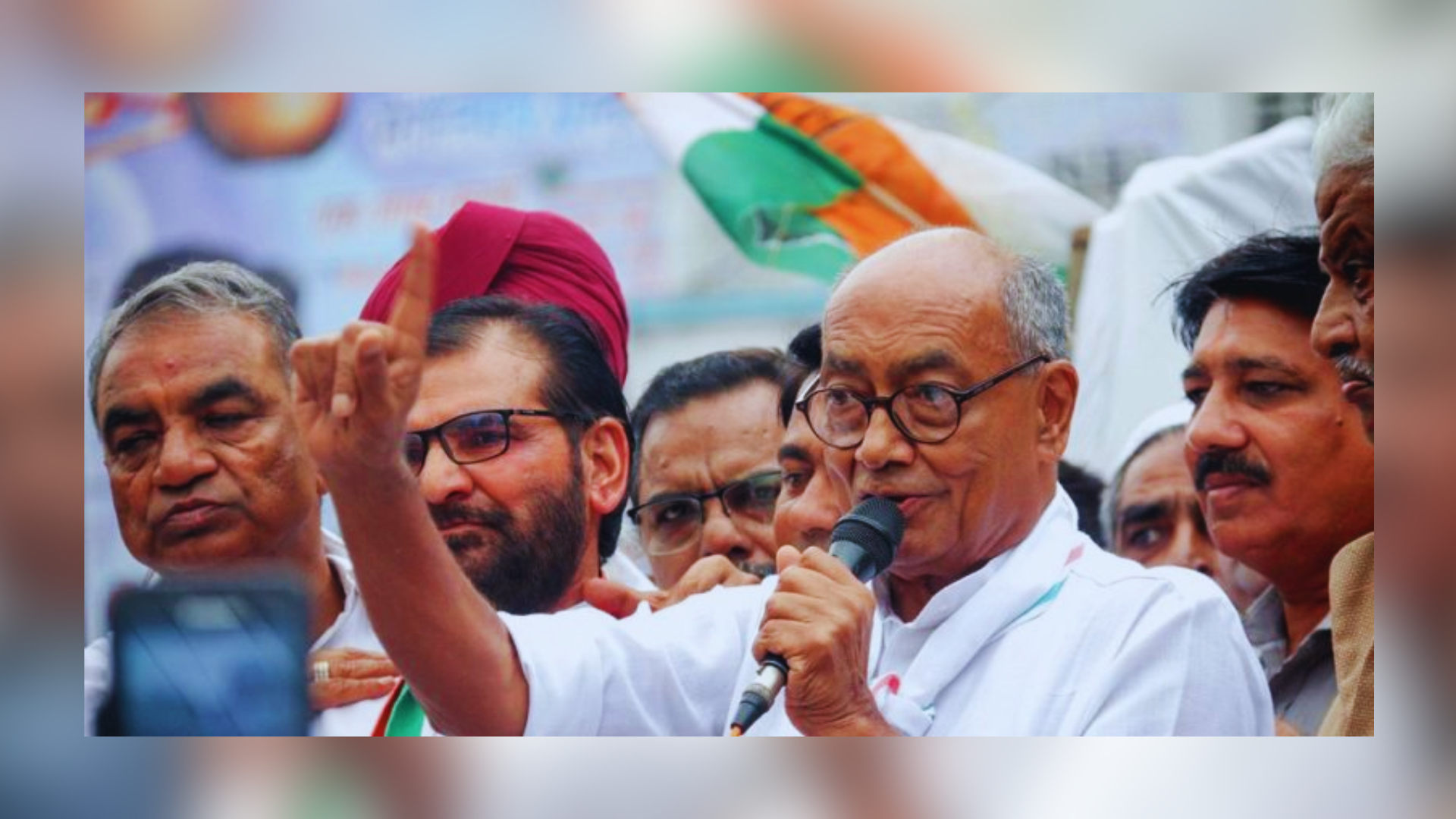
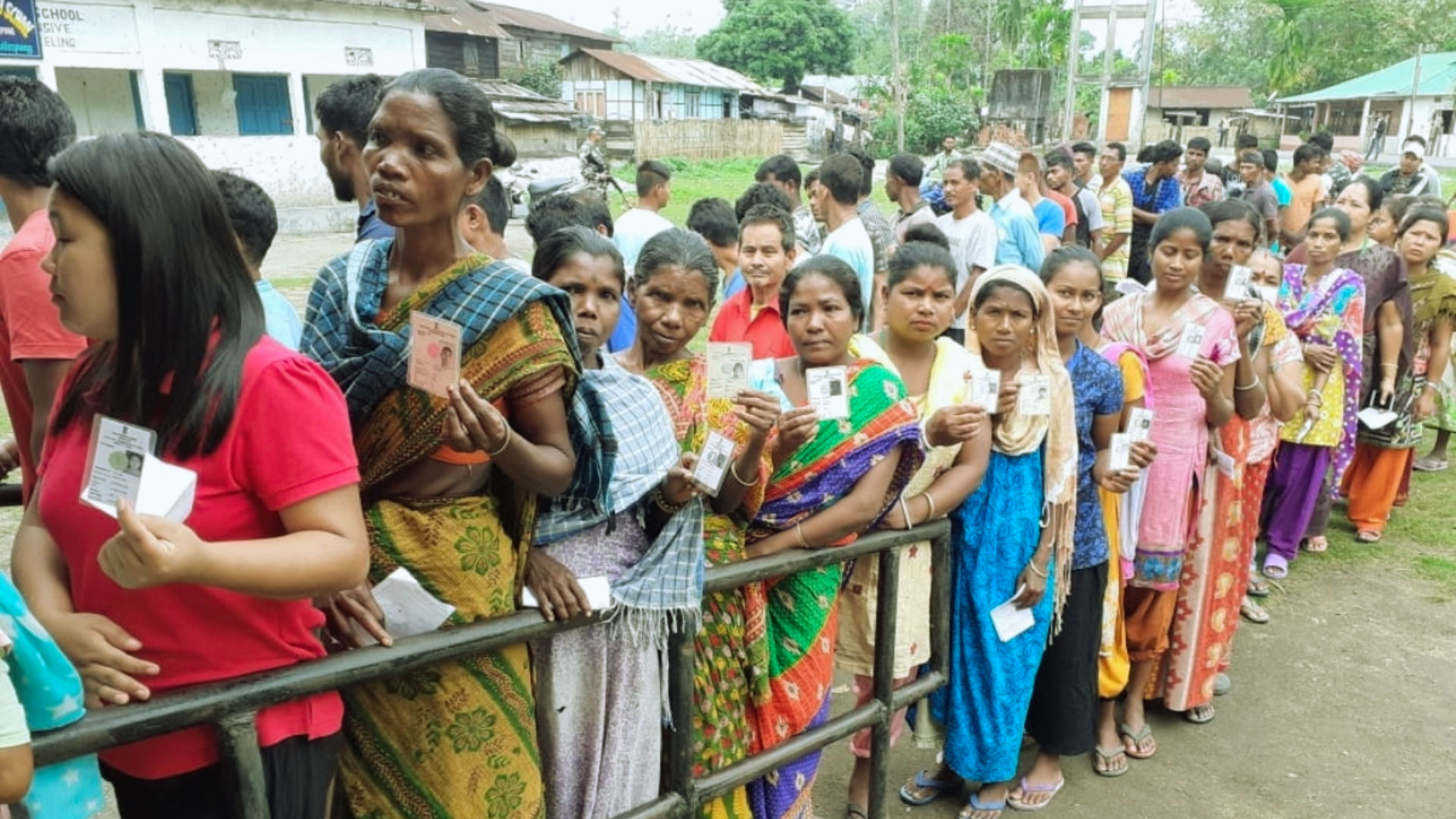
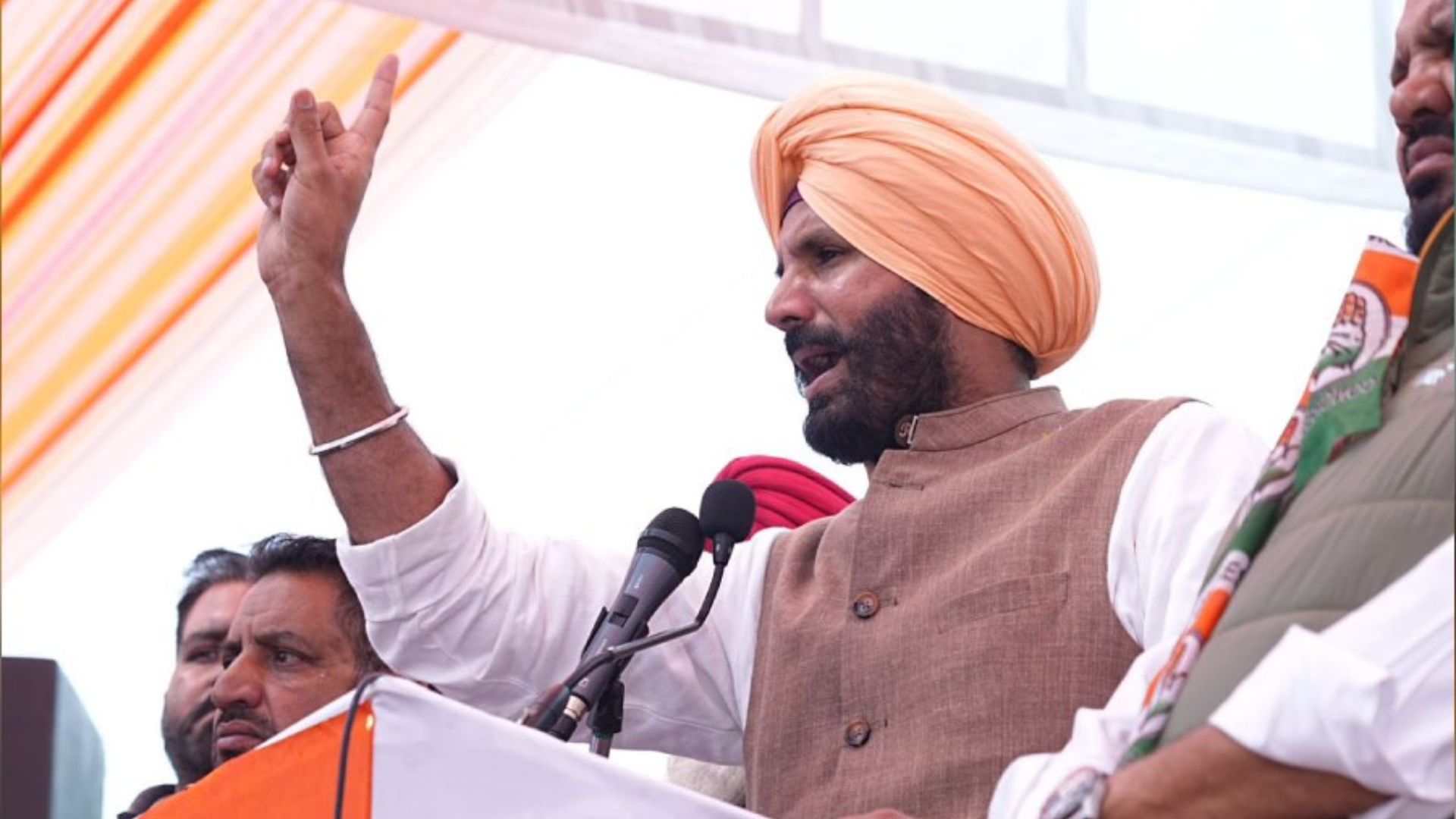
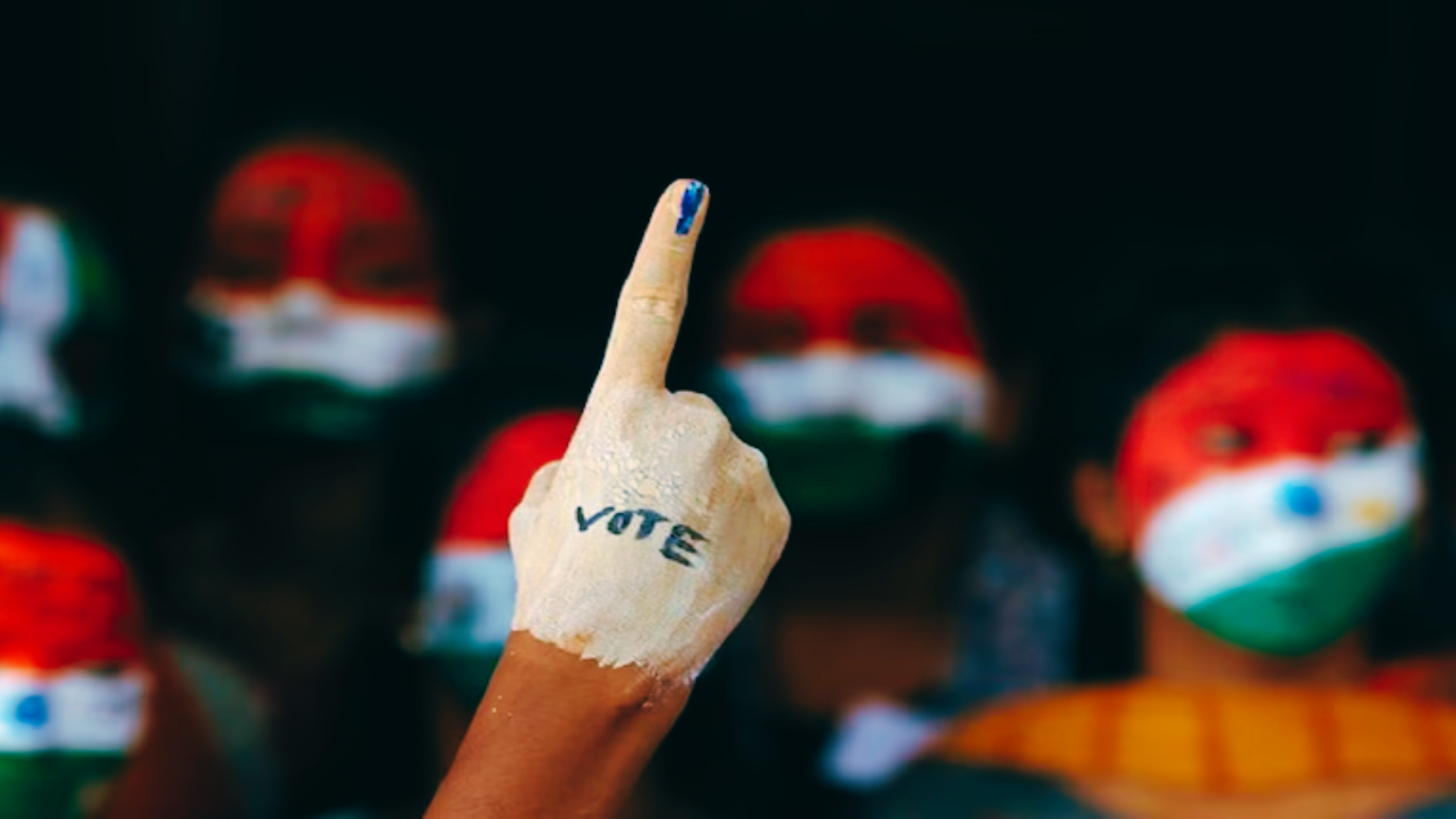
The much-anticipated Lok Sabha elections in India kickstarted today with the commencement of the first phase across 102 parliamentary constituencies spread over 21 states and Union Territories. The electoral exercise, spanning seven phases, began at 7:00 am local time, with voters exercising their franchise until 6:00 pm.
In addition to the Lok Sabha polls, assembly elections in the north-eastern states of Arunachal Pradesh and Sikkim also commenced today. Arunachal Pradesh is voting for two Lok Sabha seats and the 60-member Assembly, while Sikkim is casting ballots for 32 assembly seats and a lone Lok Sabha seat.
Prime Minister Narendra Modi is seeking his third consecutive term, while the opposition bloc, INDIA, a coalition of opposing parties formed to challenge the BJP, aims to unseat him. However, these elections are unfolding against a backdrop of controversy, with opposition leaders, including Delhi Chief Minister Arvind Kejriwal, facing corruption charges in the liquor policy case.
Allegations of unfair practices have been exchanged between the opposition and the ruling BJP, with the latter denying charges of denying a level playing field. The Congress party has also accused the ruling party of freezing their accounts weeks before the elections.
A significant number of voters, totaling 16.63 crores, are participating in the first phase of Lok Sabha polls, deciding the fate of 1625 candidates, including several Union ministers such as Nitin Gadkari, Kiren Rijiju, Bhupendra Yadav, and Arjun Ram Meghwal. The Election Commission of India has set up 1.87 lakh polling stations and deployed 18 lakh personnel across the 102 constituencies.
Demographically, an estimated 8.4 crore male voters, 8.23 crore female voters, and 11,371 third-gender electors are eligible to vote in this phase. Key issues such as unemployment, violence against women, farmer grievances, paper leaks, land rights of tribal communities, and rising prices dominate the national discourse.
A recent pre-poll survey by the Centre for the Study of Developing Societies (CSDS) highlighted price rises and unemployment as the foremost concerns for voters. In Assam, the plight of tea garden workers has emerged as a significant issue, with demands for better facilities and wages.
Healthcare and education are among the top demands in Assam, where violence and ethnic divisions have plagued the region for almost a year. Special arrangements have been made by the Election Commission for internally displaced voters in Manipur, where violence necessitates a two-phase voting process.
The electoral battleground extends beyond national issues to regional concerns. In Uttarakhand, demands for improved tourism management and sugarcane farmer rights take precedence. In West Bengal, economic woes of tea garden workers and issues like Sandeshkhali are pivotal in shaping voter sentiments.
As voting unfolds, the Election Commission has deployed central forces at polling stations to ensure security and deployed various surveillance mechanisms to curb malpractices. Webcasting, micro-observers, and stringent border checks aim to maintain the integrity of the electoral process.
In Imphal, Manipur, women conduct a religious ceremony outside polling booth number 16
#WATCH | #LokSabhaElection2024 | Manipur: Women perform puja outside polling booth number 16 in Imphal pic.twitter.com/EDAGRtAfsM
— ANI (@ANI) April 19, 2024
With the first phase underway, India braces for a politically charged electoral season, with the outcome poised to shape the country’s trajectory for years to come. The subsequent phases will unfold over the coming weeks, culminating in the announcement of results in June.

